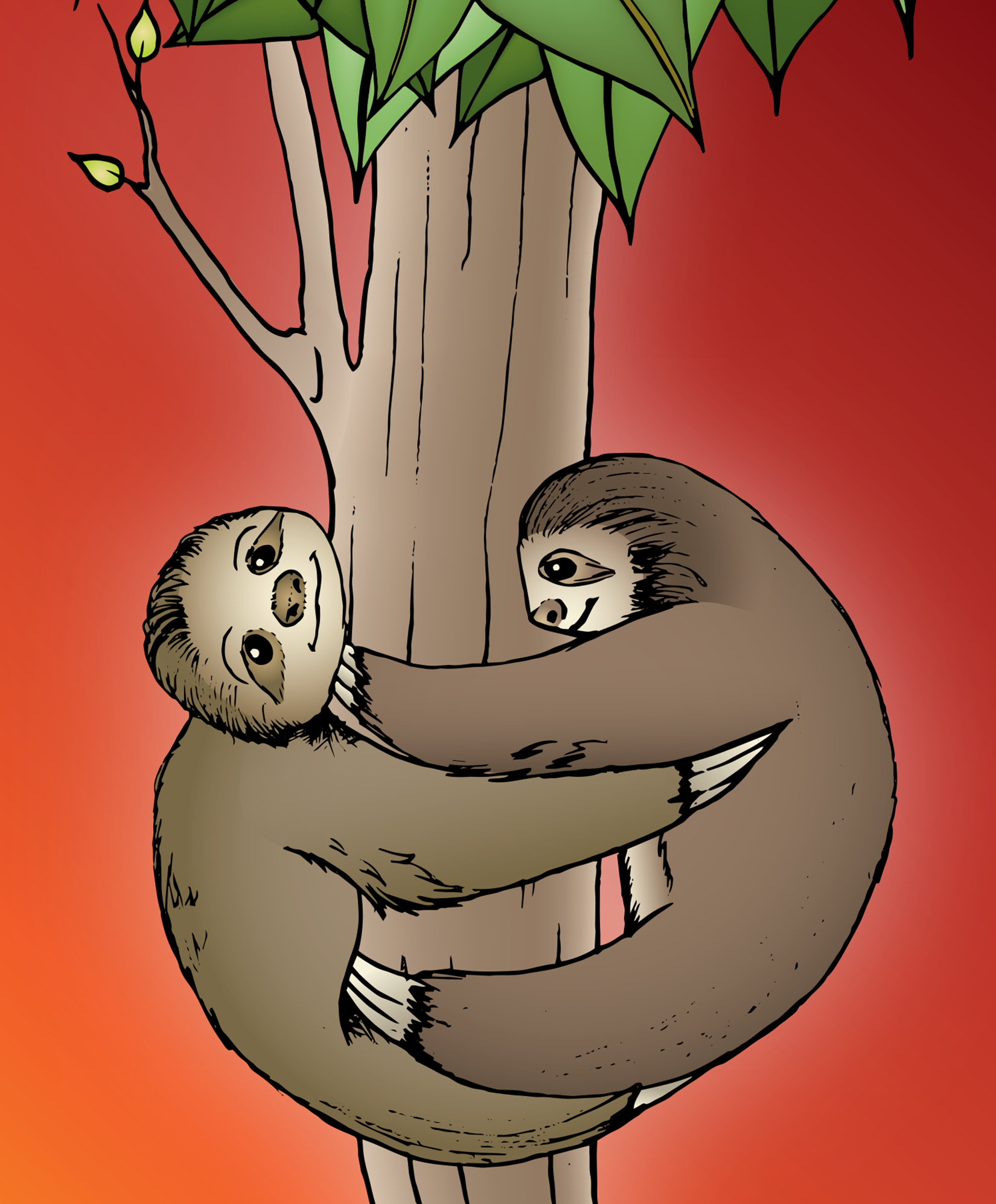Viral STI basics
 Hepatitis A (Hep A) affects the liver and interferes with usual liver functions. When symptoms (such as fatigue and loss of appetite) occur, they can take two to six weeks to appear. Most adults with Hep A have some symptoms. Hep A can be passed sexually when there is oral contact with infected feces (poo), for example, during rimming or anilingus. Most people recover from Hep A and their bodies are able to fight off the infection without treatment. There is a vaccine to prevent Hep A infection.
Hepatitis A (Hep A) affects the liver and interferes with usual liver functions. When symptoms (such as fatigue and loss of appetite) occur, they can take two to six weeks to appear. Most adults with Hep A have some symptoms. Hep A can be passed sexually when there is oral contact with infected feces (poo), for example, during rimming or anilingus. Most people recover from Hep A and their bodies are able to fight off the infection without treatment. There is a vaccine to prevent Hep A infection.
Hepatitis B (Hep B) affects the liver and interferes with usual liver functions. Hep B often has no symptoms. If symptoms (such as fatigue and loss of appetite) do occur, they can take two to three months to appear. Hep B can be passed sexually through blood, semen (cum) and vaginal fluids carrying the virus. If left untreated, it can cause liver damage. Most adults recover from Hep B and their bodies are able to fight off the infection without treatment. However, most babies and some children are not able to fight off Hep B and will develop a chronic infection. There is a vaccine to prevent Hep B infection and treatment keeps the virus under control.

Hepatitis C (Hep C) attacks the liver. Many people who have Hep C show no symptoms in the beginning and may have the virus for 20 to 30 years before any symptoms show up. Hep C is passed blood to blood through breaks in the skin or in the lining of the nose, mouth or genitals. In Canada, Hep C is most commonly passed through sharing equipment to inject drugs. Hep C can also be passed if people share equipment for smoking or snorting drugs.
It is not common for Hep C to be passed through sex. The risk increases with certain factors such as condomless anal sex, HIV, sexually transmitted infections, sex where blood is present, group sex and party and play. Read about using drugs while having sex.
There is no vaccine to prevent Hep C but there is treatment that cures more than 95% of people with Hep C. It is possible to get Hep C again after being cured if the virus gets into the blood.
Herpes simplex virus (HSV): There are two types of herpes simplex virus: HSV-1 and HSV-2. Herpes is one of the most common STIs. Most people don’t have symptoms, but if a person does have symptoms they include a tingling or burning feeling in the skin or an outbreak of sores/blisters in the genital area or on the mouth and lips (cold sores). When symptoms do occur, they can take anywhere from two to 21 days to appear. HSV-1 is most often found around the mouth and lips (causing cold sores), but it can also be passed to the genitals through oral sex (mouth to penis, vagina or anus) and genital-to-genital contact. HSV-2 most often shows up on the genitals and is usually passed through genital-to-genital contact. People can pass HSV even if they do not have outbreaks. There is no vaccine to prevent herpes and no cure for herpes but medication can help reduce the number and severity of outbreaks.

Human papillomavirus (HPV) is a common viral infection that usually has no symptoms. If symptoms do occur, they can take months or years to appear. Some strains of HPV cause genital warts and some strains of HPV can eventually lead to cancers of the cervix, vagina, vulva, anus, penis or throat. Most cases of HPV clear on their own within two years. Genital warts can be treated by freezing or putting medication on the skin, but the warts may come back. There are vaccines to prevent HPV and they are best taken before a person becomes sexually active. Vaccines can also offer protection to people who are already sexually active because they may not have been exposed to all the strains of the virus covered by the vaccines.
Human immunodeficiency virus (HIV) is a virus that weakens the body’s immune system (the body’s built-in defence against disease). Some people develop flu-like symptoms when they first get HIV, but many people have no symptoms. It is possible to live for many years without symptoms. HIV can be passed through sex or sharing equipment for injecting drugs. Having an STI may increase the chances of passing HIV to sex partners. Having an STI may also make it more likely to get HIV. It is important to make testing for HIV and STIs a regular part of your health care.
There is no cure for HIV, but there is highly effective treatment that can reduce the amount of virus in the body and help people live long, healthy lives. Successful treatment also prevents passing HIV through sex. Without HIV treatment, the immune system becomes too weak to fight off serious illness.
